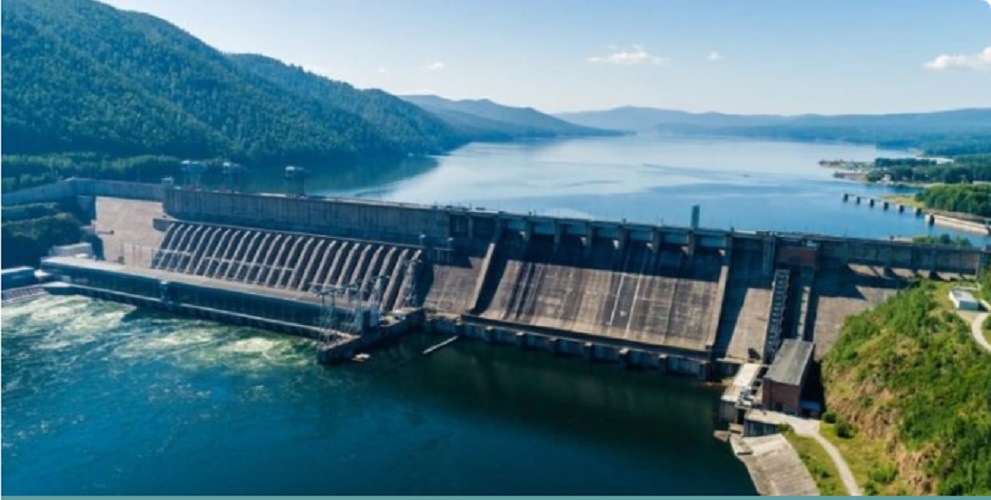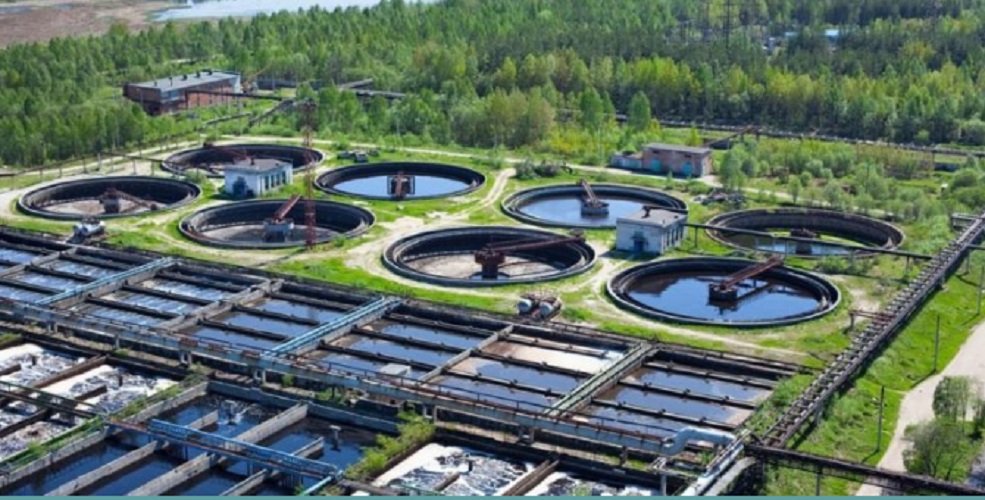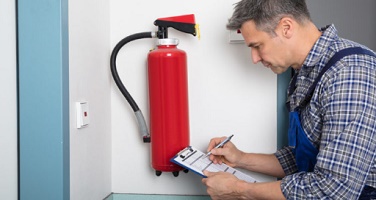What is water care?
We explain what water care is, why it is important and we give you advice to take care of it. In addition, illustrative images.
-
What is water care?
When we talk about water care, we mean the rational use of water . This implies ensuring the protection of clean and consumable water sources on our planet , trying not to contaminate it , not waste it and thus preserve this vital liquid not only for our species, but for the entire life on planet Earth.
As we well know, water is indispensable to sustain the climate of the stable planet, for vital processes of all organisms (such as photosynthesis ) and to redistribute certain chemical elements throughout the planet (such as carbon).
At the same time, it is an abundant and common ingredient of the vast majority of human activities. For starters, it is used in everyday life, for example for showering, washing, evacuating our waste, etc. On the other hand, it is used in agricultural, industrial work. In addition, our body requires its direct consumption, since it is composed of 70% water.
-
Importance of water care

This might be obvious, but without water we could not live. All the biochemical and physical cycles of our planet involve water in one way or another. It is in the oceans that make up two thirds of our planet, in the water vapor of our atmosphere and in dense layers of ice at the poles, which operate like huge air conditioners to keep the climate stable.
However, water management by our species is far from ideal. Waste, pollution and waste of water are frequent , while an important part of the world’s population lacks it and dies of thirst. Some data of the United Nations (2017) that detail the magnitude of this are the following:
- Water scarcity affects four out of every 10 people in the world.
- 2.1 billion people lack access to potable water services .
- 4.5 billion people lack reliable sanitation services.
- 1.5 million children die a year due to diseases linked to contaminated water.
- 80% of wastewater returns to the ecosystem without any treatment.
- 70% of the water extracted from the ecosystem in the world is consumed by agriculture .
- 75% of the water extracted for industrial purposes on the planet is destined for energy production .
- 90% of the world’s natural disasters are linked in one way or another to water.
- Just 3% of the total water on the planet is fresh water consumable by humans .
-
Recommendations for water care

Here are some recommendations for proper water management and to reduce the impact that human activities have on it and on the ecosystem:
- Address water leaks in the toilet . A loss of water of this nature means the sacrifice in vain of 100 to 1,000 liters of water daily.
- Close unused faucets . When we bathe, wash our hands, brush our teeth or other daily activities, we can turn off the tap and open it again, instead of letting the water run without using it.
- Use recycled water to water the plants . To the extent possible, do not allocate clean water for plant maintenance, especially if it is lawns or long plant extensions.
- Use the washing machine with full loads . Let’s make the most of the enormous amount of water that these machines use to wash clothes, just like dishwashers and other similar appliances.
- Consume eco-friendly products . Especially those products that end up in the sewer or other water sources, since we do not add additional contaminants to the sewage. We must also avoid pouring used oils through drainage.
- Avoid wasteful activities . As the irrigation of dirt roads, the washing of sidewalks with hose, especially during the day. Go as little as possible to car washes.
- Use electric power responsibly . Although it may not seem like it, the waste of electricity also leads to waste of water, since almost all the energy is obtained from sources linked to water.
- Educate in responsible consumption . Let us teach our children, friends, neighbors and acquaintances to respect and conserve water. Let us demand from our local and national governments campaigns to raise awareness and save water, as well as the installation of sewage treatment plants and the monitoring of the use of water by large companies and industries.
-
Water care images









